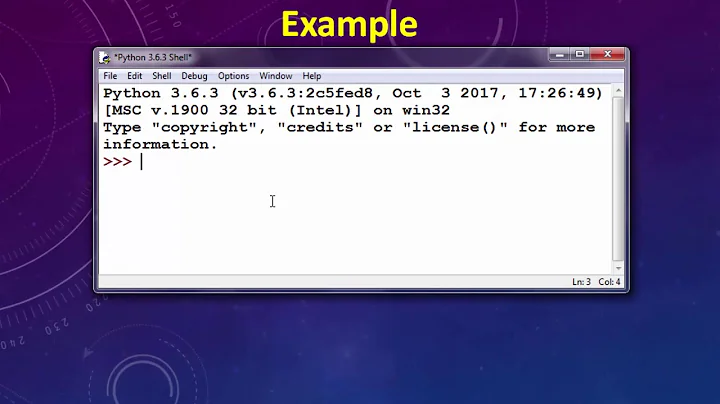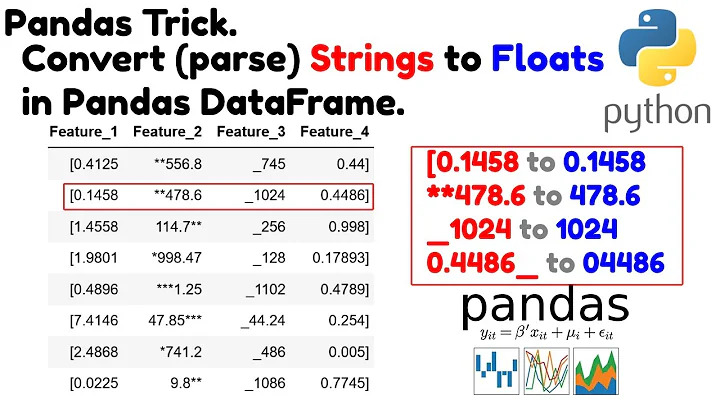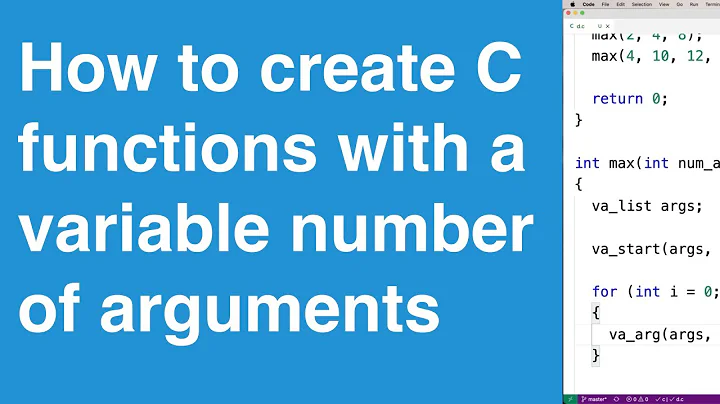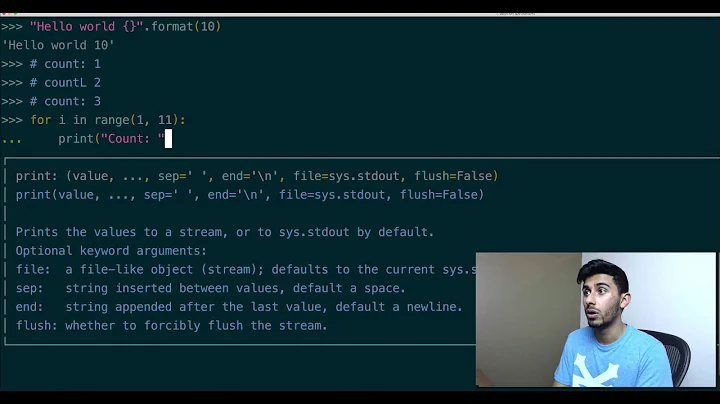python - How to format variable number of arguments into a string?
You'd use str.join() on the list without string formatting, then interpolate the result:
"Hello %s" % ', '.join(my_args)
Demo:
>>> my_args = ["foo", "bar", "baz"]
>>> "Hello %s" % ', '.join(my_args)
'Hello foo, bar, baz'
If some of your arguments are not yet strings, use a list comprehension:
>>> my_args = ["foo", "bar", 42]
>>> "Hello %s" % ', '.join([str(e) for e in my_args])
'Hello foo, bar, 42'
or use map(str, ...):
>>> "Hello %s" % ', '.join(map(str, my_args))
'Hello foo, bar, 42'
You'd do the same with your function:
function_in_library("Hello %s", ', '.join(my_args))
If you are limited by a (rather arbitrary) restriction that you cannot use a join in the interpolation argument list, use a join to create the formatting string instead:
function_in_library("Hello %s" % ', '.join(['%s'] * len(my_args)), my_args)
Related videos on Youtube
Gerard
Lover of music, food and open source. Always looking for something new to learn, whatever the subject.
Updated on August 23, 2020Comments
-
Gerard over 3 years
We know that formatting one argument can be done using one
%sin a string:>>> "Hello %s" % "world" 'Hello world'for two arguments, we can use two
%s(duh!):>>> "Hello %s, %s" % ("John", "Joe") 'Hello John, Joe'So, how can I format a variable number of arguments without having to explicitly define within the base string a number of
%sequal to the number of arguments to format? it would be very cool if something like this exists:>>> "Hello <cool_operator_here>" % ("John", "Joe", "Mary") Hello JohnJoeMary >>> "Hello <cool_operator_here>" % ("John", "Joe", "Mary", "Rick", "Sophie") Hello JohnJoeMaryRickSophieIs this even possible or the only thing I could do about it is to do something like:
>>> my_args = ["John", "Joe", "Mary"] >>> my_str = "Hello " + ("".join(["%s"] * len(my_args))) >>> my_str % tuple(my_args) "Hello JohnJoeMary"NOTE: I need to do it with the
%sstring formatting operator.UPDATE:
It needs to be with the
%sbecause a function from another library formats my string using that operator given that I pass the unformatted string and the args to format it, but it makes some checking and corrections (if needed) on the args before actually making the formatting.So I need to call it:
>>> function_in_library("Hello <cool_operator_here>", ["John", "Joe", "Mary"]) "Hello JohnJoeMary"Thanks for your help!
-
Martijn Pieters over 10 yearsWhy do you need to use the
%soperator? That makes little sense; usestr()instead. -
abarnert over 10 yearsHow would the "cool operator here" specify how to connect up the values? You don't want it to just print out
Hello JohnJoeMary, orHello ("John", "Joe", "Mary"), do you? You might wantHello John, Joe, MaryorHello John, Joe, and MaryorHello John, Joe and Mary, or a million other things; there's no way a single operator could let you do all of those. -
Oli over 10 yearsYou should still be able to call it with
function_in_library("Hello %s", ', '.join(["John", "Joe", "Mary"]) -
Gerard over 10 yearsSorry, I explained the library function wrong. Anyway, I may not
jointhe arguments before passing them to the function :\
-
-
Gerard over 10 yearsThough you are right, I think I didn't explain my question clear enough. I missed to state that I'm not making the formatting, an existing function is. Sorry, but thanks. I'll update my question.
-
Gerard over 10 yearsSorry I may not
jointhe arguments, each one needs to be processed by the library function before formatting. Thanks. -
Martijn Pieters over 10 yearsThat is a rather arbitrary restriction; in that case build the
%sstring elements using a separate join:"Hello %s" % ', '.join(['%s'] * len(my_args)). Note the irony here; you are creating the string using the exact same technique. -
Gerard over 10 yearsYeah, I use that example in my question, but I say I'd rather not to do so if there was another way around. Basically my question is if a somehow-magic operator even exists or I if must build the string myself? But I guess the second is the answer I'm getting :/ Sorry if this sounds rude, I don't mean to.
-
Martijn Pieters over 10 yearsYou must build the string yourself.
-
 AN88 almost 8 yearsThe last example is exactly what I needed to incorporate 'and' and 'or' before the last arg. Thanks!
AN88 almost 8 yearsThe last example is exactly what I needed to incorporate 'and' and 'or' before the last arg. Thanks!










